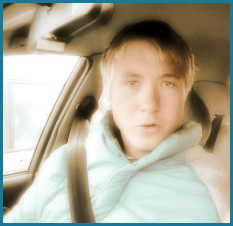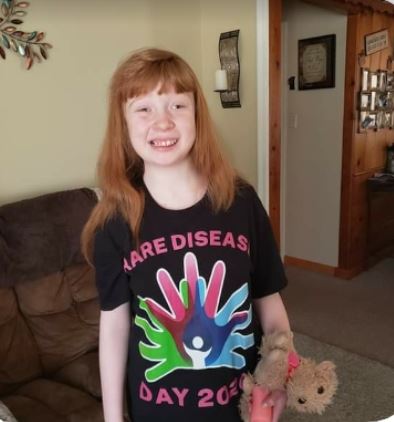
Mutations in the MANBA gene cause beta-mannosidosis.
This enzyme works in the lysosomes, which are compartments that digest and recycle materials in the cell. Within lysosomes, the enzyme helps break down complexes of sugar molecules (oligosaccharides) attached to certain proteins (glycoproteins).
Signs and symptoms of beta-mannosidosis vary widely in severity, and the age of onset ranges between infancy and adolescence. Almost all individuals with beta-mannosidosis experience intellectual disability, and some have delayed motor development and seizures. Affected individuals may be extremely introverted, prone to depression, or have behavioral problems such as hyperactivity, impulsivity or aggression.
People with beta-mannosidosis may experience an increased risk of respiratory and ear infections, hearing loss, speech impairment, swallowing difficulties, poor muscle tone (hypotonia), and reduced sensation or other nervous system abnormalities in the extremities (peripheral neuropathy). They may also exhibit distinctive facial features and clusters of enlarged blood vessels forming small, dark red spots on the skin (angiokeratomas).
Beta-mannosidosis is believed to be a very rare disorder. Approximately 20 affected individuals have been reported worldwide. It is difficult to determine the specific incidence of beta-mannosidosis, because people with mild or non-specific symptoms may never be diagnosed.
- • beta-D-mannosidosis
- • beta-mannosidase deficiency
- • lysosomal beta A mannosidosis
- • lysosomal beta-mannosidase deficiency
Medical and Research Information
- • Genetic Home Reference: This is an excellent description of Beta-Mannosidosis with many references to other information and resources.
- • GeneTests: A list of labs providing testing for Beta-Mannosidosis.
- • OMIM: Technical information about the genetics of Beta-Mannosidosis. OMIM is a site developed for scientists and medical specialists and contains both general and highly technical information. Access to the site is free to all users.
- • Clinical Trials: A registry of federally and privately supported clinical trials conducted in the United States and around the world. This site give you information about each trial’s purpose, who may participate and the location.
- • Orphanet is a database dedicated to information on rare diseases and orphan drugs. Access is free of charge.
- • PubMed: Published papers about Beta-Mannosidosis can be found here.
- • CoRDS: Register for the Sanford University CoRDS Beta-mannosidosis Longitudinal Study.
- • NORD: The National Organization for Rare Disease (NORD).
- • The Lost Enzyme Project: preclinical studies necessary for the development of an enzyme replacement therapy for Beta-mannosidosis.
Patient Support Groups
- • ISMRD is the international organisation that supports Beta-Mannosidosis
- • ISMRD’s Facebook page; this is a closed group for families only
- • ISMRD’s public Facebook page.
- • In other parts of the world MPS societies may support Beta-Mannosidosis

